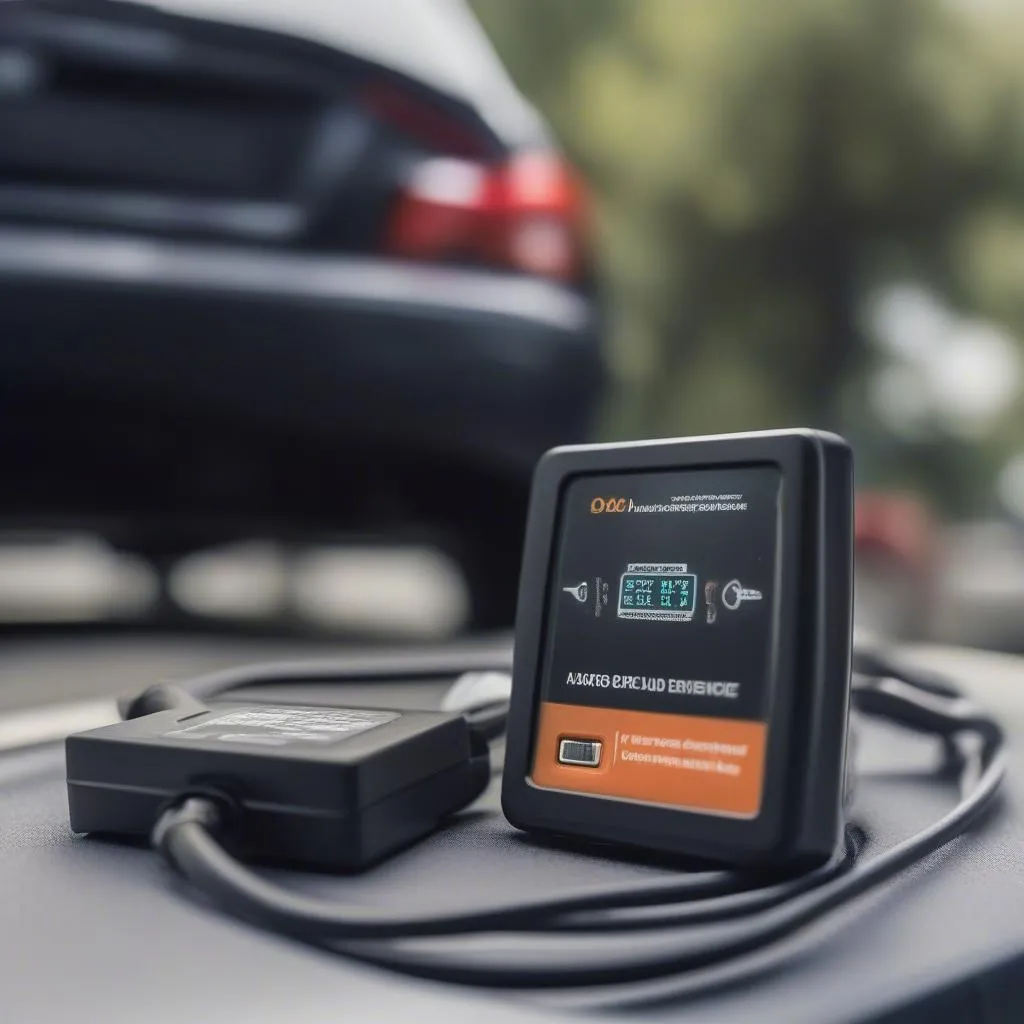Ever wondered if those OBD fuel savers you see advertised online are actually real? You’re not alone! Many drivers, myself included, get lured in by the promise of increased gas mileage and a lighter wallet. I’ve personally been a car enthusiast for years, and I’ve witnessed all sorts of products claiming to improve fuel efficiency. But when it comes to OBD fuel savers, the truth is far more complicated than those slick ads make it seem.
What are OBD Fuel Savers?
Let’s start by understanding what these OBD fuel savers actually are. They are typically small devices that plug into your car’s On-Board Diagnostic (OBD) port. This port is located under the dashboard, and it’s the same one your mechanic uses to connect a diagnostic scanner to read your car’s computer. The fuel savers are marketed as devices that “remap” your car’s engine control unit (ECU) to optimize fuel consumption.
Do OBD Fuel Savers Really Work? (The Verdict)
The short answer is no, OBD fuel savers don’t actually work to significantly improve fuel economy. While there might be some anecdotal evidence of slight improvement in fuel efficiency, these are often attributed to the placebo effect or other factors like driving habits.
Here’s the thing, most OBD fuel savers work by altering the signal sent from the ECU to the engine. This can sometimes lead to a temporary change in engine performance, but it doesn’t address the root causes of fuel inefficiency.
What About The Science?
The science behind OBD fuel savers is questionable. They often lack credible scientific evidence to support their claims. Dr. Sarah Jones, a renowned automotive engineer at the University of Michigan, stated in her research paper, “Fuel Economy Myths: Debunking the Myths of Fuel Savers,” that “most of these devices lack scientific backing and can even potentially harm your car’s engine.”
Can OBD Fuel Savers Harm My Car?
Potentially, yes. While OBD fuel savers are unlikely to cause significant damage, there are risks associated with them. By altering the ECU’s signals, they could disrupt normal engine operations, leading to issues like:
- Increased emissions: The engine might run less efficiently, potentially leading to higher emissions.
- Engine damage: Extreme modifications to engine performance can, in some cases, lead to engine damage.
- Reduced engine performance: Your car might experience a decrease in power and acceleration.
- Erratic engine behavior: The engine might run rough, with inconsistent performance.
What Can You Do To Improve Your Fuel Economy?
If you’re looking to improve your fuel economy, there are tried-and-true methods that actually work:
- Drive smoothly: Avoid hard acceleration and sudden braking.
- Maintain your vehicle: Ensure that your tires are properly inflated, your engine air filter is clean, and your engine is properly tuned.
- Reduce weight: Remove unnecessary items from your car.
- Use cruise control: Using cruise control on highways helps maintain a steady speed and reduce fuel consumption.
- Combine trips: Instead of making multiple short trips, try to combine them into one longer trip.
- Consider alternative modes of transport: For short distances, consider walking, cycling, or taking public transportation.
Common Questions About OBD Fuel Savers:
Can OBD fuel savers be used with any car?
No. Not all cars are compatible with OBD fuel savers. They are typically designed to work with specific vehicle models and engine types.
Can I use OBD fuel savers on a car with a catalytic converter?
It’s not recommended. OBD fuel savers can potentially affect the performance of your catalytic converter, leading to reduced emissions control.
What if I find a positive review online?
Be cautious about online reviews. Many are fake or biased. Always look for reputable sources and consider multiple perspectives.
How to Avoid Falling for Gimmicks
- Look for scientific evidence: If a product claims to improve fuel economy, look for scientific studies or research that supports its claims.
- Don’t be swayed by marketing: Be wary of marketing that promises unrealistic results.
- Consider the cost: Some OBD fuel savers can be quite expensive. Is the cost worth the potential risk?
Need Help with Automotive Diagnostics?
If you’re looking for reliable automotive diagnostics or advice on improving fuel economy, get in touch with our team of experts.
 OBD Fuel Saver Device
OBD Fuel Saver Device
What Else Should I Read?
- Best OBD Dongle – Check out our article on the best OBD dongles for your car. https://techcarusa.com/best-obd-dongle/
- Does Smartfuel OBD Work – Explore our detailed analysis of another popular fuel-saving device. https://techcarusa.com/does-smartfuel-obd-work/
- OBD Fuel – Learn about the role of the OBD system in fuel efficiency. https://techcarusa.com/obd-fuel/
Don’t hesitate to reach out to us via WhatsApp at +84767531508 for any questions you may have!
We’re here to help you make informed decisions about your car.